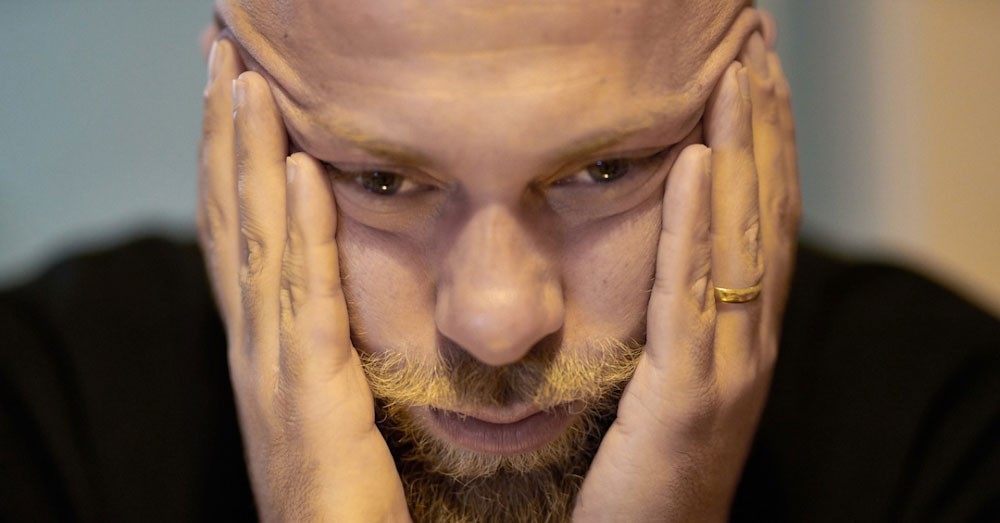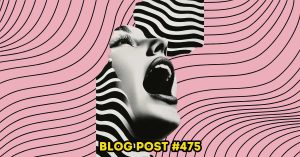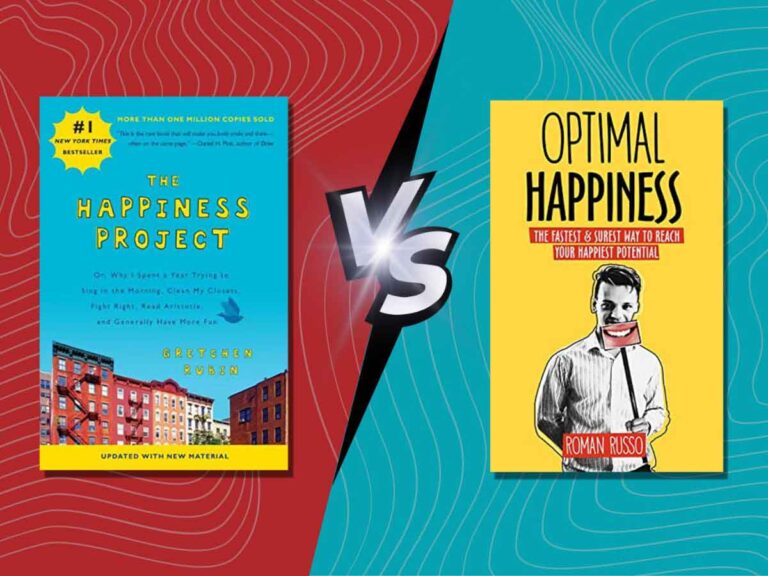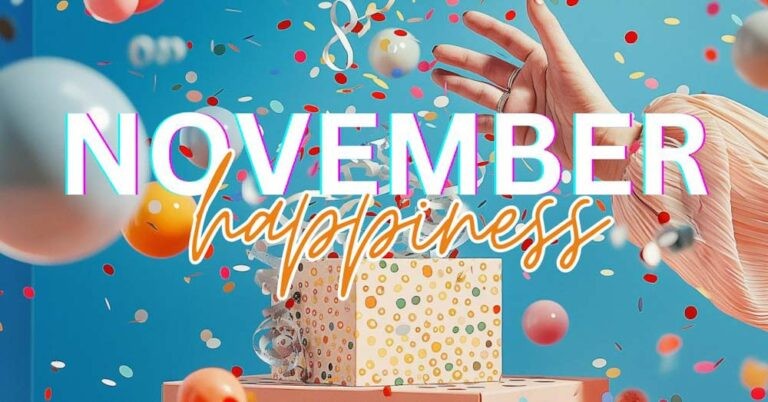
Yes, you read this correctly, I made a personal 30-day depression challenge, meaning that during these 30 days I made myself as depressed as possible, which is something interesting and new, isn’t it? After all, most people are struggling with being happy and certainly they don’t need any more negativity and depression in their lives.
However, being a happiness coach, I am pretty much 24/7 happy, meaning that I don’t experience negative emotions as often, and when I do, I know how to deal with them in the most efficient way possible.
I say this not to gloat, but because happy people are often accused of being selfish, heartless, and lacking compassion, stuck in some toxic positivity bubble of ivory happiness, unable to relate to other people’s suffering. They are also accused of being somehow lucky due to their biology, financial circumstances, environment, and upbringing. These myths and more, I decided to break by doing this 30-day challenge.
Moreover, I wanted to confirm that everything I talk about in Optimal Happiness is correct and it is possible to become both depressed and reverse negative life circumstances by following the Optimal Happiness formula for happiness that works, which allows us to reach our happiest potential and live our best possible life.
So, here are 10 things I did to make myself as depressed as possible:
Step 1: Social isolation
Human beings are social creatures, so partial or complete social isolation is known to make people depressed, which is why it was one of the first things I considered doing in my 30-day depression challenge.
Step 2: No sunshine
Similarly, in order to completely avoid people, I locked myself at home, closed all the windows to avoid any sunlight, and wouldn’t come out for almost anything except, say buying groceries, which I tried to do as seldom and as fast as possible, avoiding social contact in the process.
Step 3: Being unhealthy
I wouldn’t necessarily eat unhealthy food, as I have standards, but I did indulge myself way more than I usually do, eating unhealthy snacks, overeating, not exercising at all, and indulging in a sedentary lifestyle.
Step 4: Idleness and doing only the absolute minimum
Furthermore, I was idle, moving as little as possible and only when necessary, defying a common saying that movement is life.
I still did take my business calls, paid bills, and purchased groceries, but that’s about it.
Step 6: Bad body language
This is an interesting point because happy people walk, talk, and behave in a certain way, such as they are often perceived as more energetic and confident than most, so I did the reverse. I had the worst possible posture and I behaved as if I had no energy, walking and talking as if my muscles couldn’t support my body.
Step 7: Not following any goals
Similarly, there are things we do that move us forward in life and make us happy, which we can generally speaking call life goals, while if we are wasting our time being unproductive, we feel unproductive and unhappy, which is exactly what I did.
Step 8: No intellectual stimulation
Reading, learning, and trying to find solutions to problems is a great way to stay sharp, productive, and happy, which is why I avoided these types of activities as much as possible.
Step 9: Overstimulation
Social media, TV, news, and video games were my poison, as I overindulged in these types of activities, which made my mind crave even more stimulation, leading to a vicious cycle known to make people unhappy, which, on a side note, many people do excessively.
Step 10: Allowing and focusing on negative emotions
This is another interesting point, as the quality of our thoughts corresponds to the quality of our life, so if we think positively, we feel happier, and vice versa. In this way, we have complete control over what we focus on, and it affects our well-being and happiness in life, which is another reason so many people are constantly depressed (they don’t allow themselves to think happy thoughts, and therefore they become unhappy), which is also something I did.
Results After 30 Days
Interestingly, the above 10 steps are quite common, as many people do them on a daily basis, later complaining that they are unable to feel happy. It is indeed a mystery.
As for my experience, I’m happy to report that after 30 days, I felt depressed, which was my goal, but it was also a horrible feeling.
I experienced it once before when I was just starting to figure out what happiness is and how to be happier. I was around 25 years old and despite my corporate well-paying job, which allowed me to afford virtually anything people usually associate with happiness, I was the most depressed I ever was, which was a turning point that set me down to figure out what happiness is and how to feel happier, a starting point for Optimal Happiness.
Thus, I experienced terrible muscle pain, headaches, and an overall sense of feeling unhealthy and unwell. I was unmotivated, unproductive, unable to focus on anything for more than a few minutes, I made more mistakes, became risk-averse, restless, doubting myself, easily giving up on anything I started to do, hopelessness, impulsive, risk-averse, and my thoughts often took me to very dark places.
All these feelings I experienced when I was 25 years old and again now doing the 30-day depression challenge.
Reversing My Negativity & Becoming Happy Again
To be honest, I needed these 30 days to partially reverse the positivity muscle I accumulated over the years of being happy. However, after a few weeks, my well-being started to decline significantly, reaching its all-time low at the end of these 30 days, which in turn took some time to reverse again.
As you may guess, I just reversed all of the 10 steps I took to become depressed, and now I’m happy to report that I’m happy again, seeing these 30 days as a dark chapter of my life, all done for the sake of the science of happiness.
Of course, it was easier for me to achieve as I had already experienced the desired results, knew what to aim for, and had all the necessary tools to reach this goal. Still, I hope that this experiment proves that happiness is available to virtually everyone and not just reserved for a few rare and lucky individuals, as anyone can learn to be happy today and forever if you have access to the right tools.
And this is why I offer a helping hand to anyone looking for their version of Optimal Happiness as I invite you to schedule a free call with our team so that together we can discuss how you can embark on a journey full of happiness and start living your best life.















7 thoughts on “My 30-Day Depression Challenge: What I Learned”
Wow!
Hehe, Renell, the things we do for science and happiness. Best wishes!
My opinion is that this process you ventured into is amazing. I can see how it makes one appreciate all the happiness life can bring. Best wishes to you as well!
Thank you for writing this. And thank you for going on this journey.
I recognize all of those points from my past. And recently I moved to a new country not speaking the language, not knowing people so a lot do those points I struggled with which led me into a ‘not so good place’. That’s when you start fighting your way back and become active to get those points back into your life.
It’s good to be aware of that before it’s too late and you are too far into the downward spiral.
Again thank you for writing this
Interestingly, I have been traveling non-stop for over 10 years, not to boast but to provide some context. Every few months, I find myself in a new place, unfamiliar with the country and its inhabitants. It’s like hitting a reset button, which can be challenging but not entirely negative. In fact, there are numerous benefits to constant travel! The key is to immerse yourself in environments where you naturally encounter new people, such as hostels, co-working spaces, and co-living communities, as well as attending various events regularly in major cities. Additionally, consider joining a gym, social club, and making daily plans to step out of your comfort zone. By actively engaging in these activities, you can avoid feelings of loneliness and ultimately find more joy in your travels.
I love that you are traveling to get to know the world! I used to do that a lot … I got older now ;) I have learned so much from people all over the world. Seeing all the different cultures and ways of living always set my head in the right place.
I’m currently trying to do all the pieces of advice you are giving. Thank you for reminding me! I just wish I would learn the language faster to be able to communicate with the locals. But I did find some expats as well. Everyone has fascinating stories to tell …
Great! Well, I don’t see why your age should prevent you from continuing to travel. I’m sure it may become a bit more difficult, but not impossible! Plus, as you said, it is very rewarding. As for learning languages, it is a long process with uncertain results. I can relate to this as I have spent countless hours learning languages, and some I speak better than others. Personally, I believe that knowing an extra language is great, but if you don’t, make the best of the language(s) you do know. It seems like you already know English (unless you’re using Google Translate like a pro, in which case, props to you!) so you will never be truly lost and will still be able to hear many interesting stories.